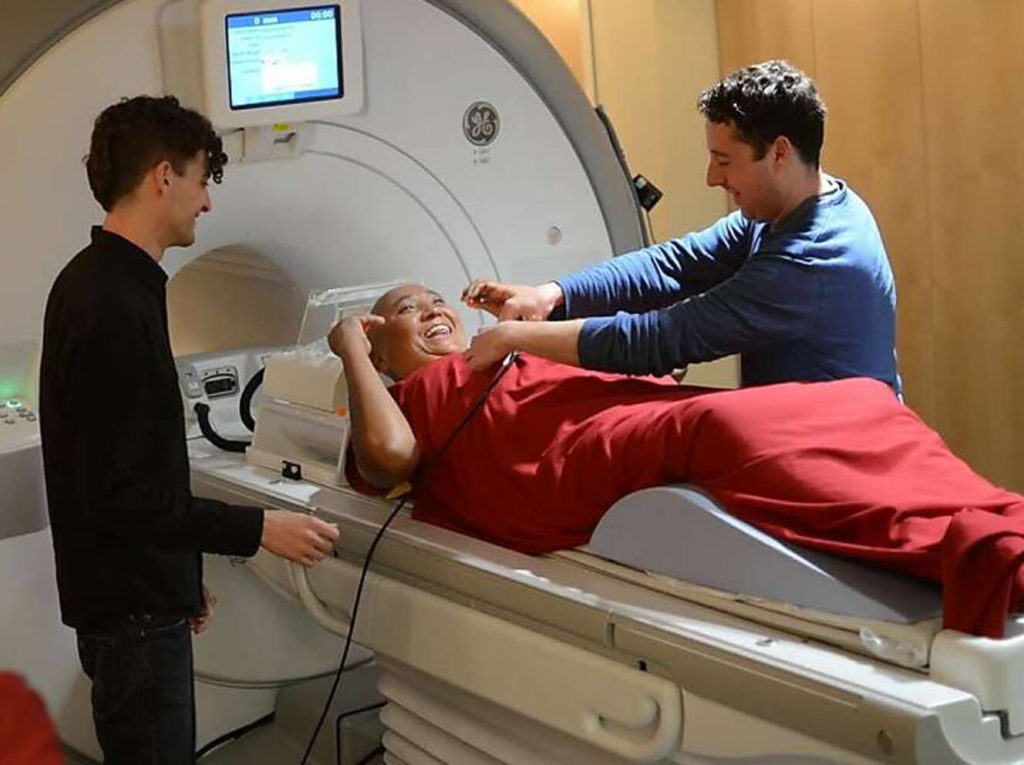Massachusetts General Hospital researcher Timothy Wilens, MD, has found that the earlier children with attention deficit hyperactivity disorder (ADHD) receive treatment with stimulants, the less likely they are to use marijuana or develop a substance use disorder (SUD).
Dr. Wilens is chief of the Division of Child and Adolescent Psychiatry and director of the Center for Addiction Medicine at Mass General.
He presented on his work at the 30th US Psychiatric and Mental Health Congress last fall.
Five Things to Know
Here are five things to know about Dr. Wilen’s presentation, adapted from an article on the American Journal of Managed care website:

- ADHD is a chronic condition mainly characterized by inattention, distraction or hyperactivity and impulsivity. This condition affects between 6 to 9% of children worldwide. Later on, 50% of those affected with ADHD during childhood will still have the condition as adults.
- Dr. Wilens’ research shows that youth/adolescents with ADHD are twice as likely to develop a substance abuse disorder and three times more likely to smoke cigarettes.
- While young people with ADHD seem to gravitate towards the same drugs as their peers, Dr. Wilens found that when they develop a substance abuse problem, people with ADHD have more difficulty getting better and sticking to treatment.
- Studies have shown that children with ADHD are 60% less likely to develop a substance abuse disorder when regular treatment with stimulants is started in early childhood (before the age of 15).
- While it is typically preferable to wait until the individual is sober before increasing medication levels, there are some cases where it’s more effective to increase the dosage during recovery. Dr. Wilens says. “It’s best to get people clean and sober for a period of time…but if you can’t, you might want to consider stimulants.”
To support the Center for Addiction Medicine, please contact us.
This story first appeared on the Mass General Research Institute blog.
The Research Institute: Saving Lives Through Science
 The Massachusetts General Hospital Research Institute is the largest hospital-based research program in the United States, with a community of over 10,000 people working across more than 30 institutes, centers and departments.
The Massachusetts General Hospital Research Institute is the largest hospital-based research program in the United States, with a community of over 10,000 people working across more than 30 institutes, centers and departments.
Our researchers work side-by-side with physicians to pioneer the latest scientific advancements for curing disease and healing patients in Boston, across the United States and around the world.
To learn more about the Research Institute, please visit our website.








